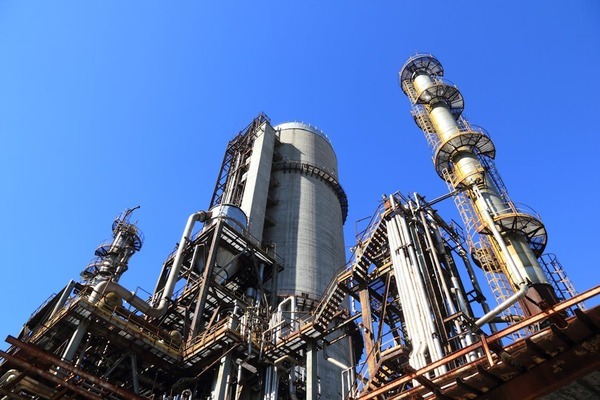Oman is studying new ways to turn waste into fuel. Oman Environmental Services Holding Company (be’ah) has signed an agreement with Raysut Cement Company and Germany’s MVW Lechtenberg & Partner to explore the possibility of producing refuse-derived fuel (RDF). RDF is made from processed waste and can replace fossil fuels in industries like cement production.
The study will examine how RDF can be used to lower emissions and reduce reliance on traditional energy sources. It was signed under the patronage of Dr Mansour bin Talib al Hinai, Chairman of the Authority for Public Services Regulation. The project could change how industrial waste is managed in Oman by turning non-recyclable materials into an energy source.
Kamil bin Ahmed al Lawati, Vice President of Business Development at be’ah, stated that the initiative could Hilal bin Saif al Dhamri, CEO of Raysut Cement, said this collaboration is part of a broader effort to reduce industrial emissions.
Oman has been investing in renewable energy projects across different sectors. The Dhofar Wind Power Project is already supplying electricity to the grid, and the Ibri solar plant continues to be one of the largest solar energy projects in the region. Studies on hydrogen production are also underway, with Oman aiming to become a hub for clean hydrogen exports.
Be’ah has explored other waste-to-energy projects, including landfill gas recovery and biogas production from organic waste. Research has also been conducted on incineration methods to generate electricity from non-recyclable waste. These initiatives focus on reducing landfill dependency and creating new energy solutions.
The RDF feasibility study will evaluate the costs, benefits, and environmental impact of using waste as fuel. If viable, it could provide an alternative energy source for industries while supporting waste reduction efforts in Oman.


